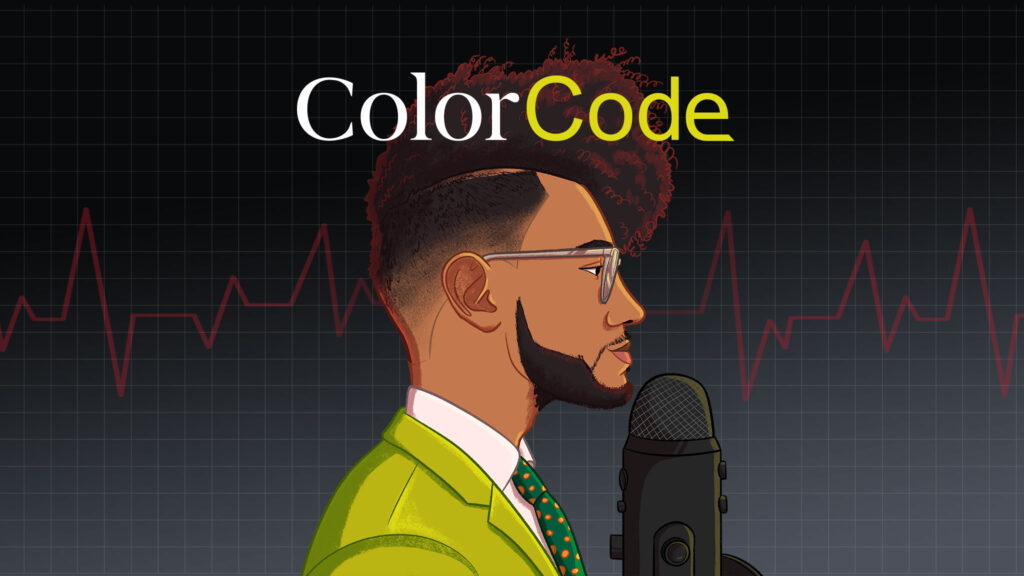Long Island is in the midst of a housing crisis. Just like in many other parts of the country, Long Islanders are having a tough time finding affordable housing — an issue that is intimately connected with health.
Earlier this year, New York Gov. Kathy Hochul put forth a plan to deal with the housing challenges. Her ambitious goal: to construct 800,000 new homes and apartment units throughout the state over the next decade. She suggested changes to local zoning regulations, which would have opened the way for more affordable housing in communities with access to commuter trains. But Hochul’s plan was vehemently opposed by local leaders and residents, particularly in wealthier communities. Many of them called it an “attack on suburbia.” Ultimately, her housing plan was cut from the final state budget.
advertisement
In the final episode of season two, we delve into how housing — and today’s housing crisis — intersects with health care. We also explore how racial discrimination has played a part in causing this crisis, as well as present-day housing segregation on Long Island. We speak with Olivia Winslow, a demographic reporter at Newsday who investigated widespread housing discrimination by real estate agents on Long Island. We also talk with Alina Schnake-Mahl, an assistant professor of health management and policy at Drexel University, who tells us about how housing is health care and what that means in the suburbs — especially during a housing crisis.

You can download a transcript of this episode here.
advertisement
To read more on some of the topics discussed in this episode:
This podcast was made possible with support from the Commonwealth Fund.

